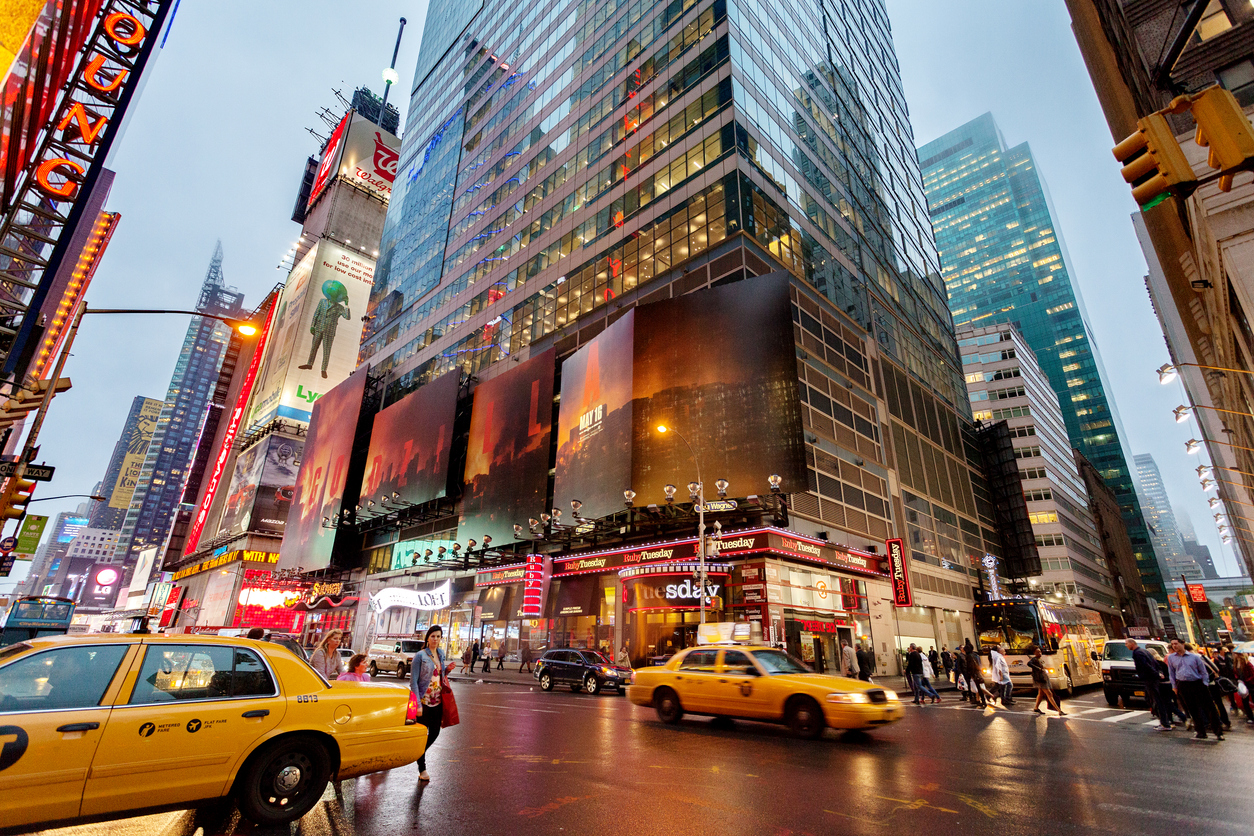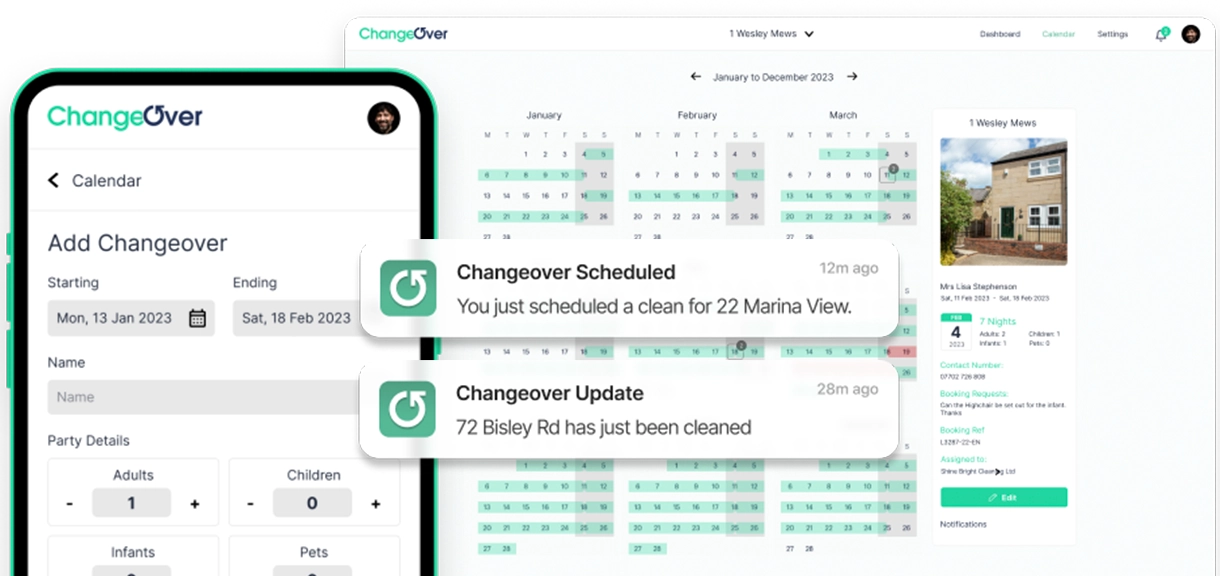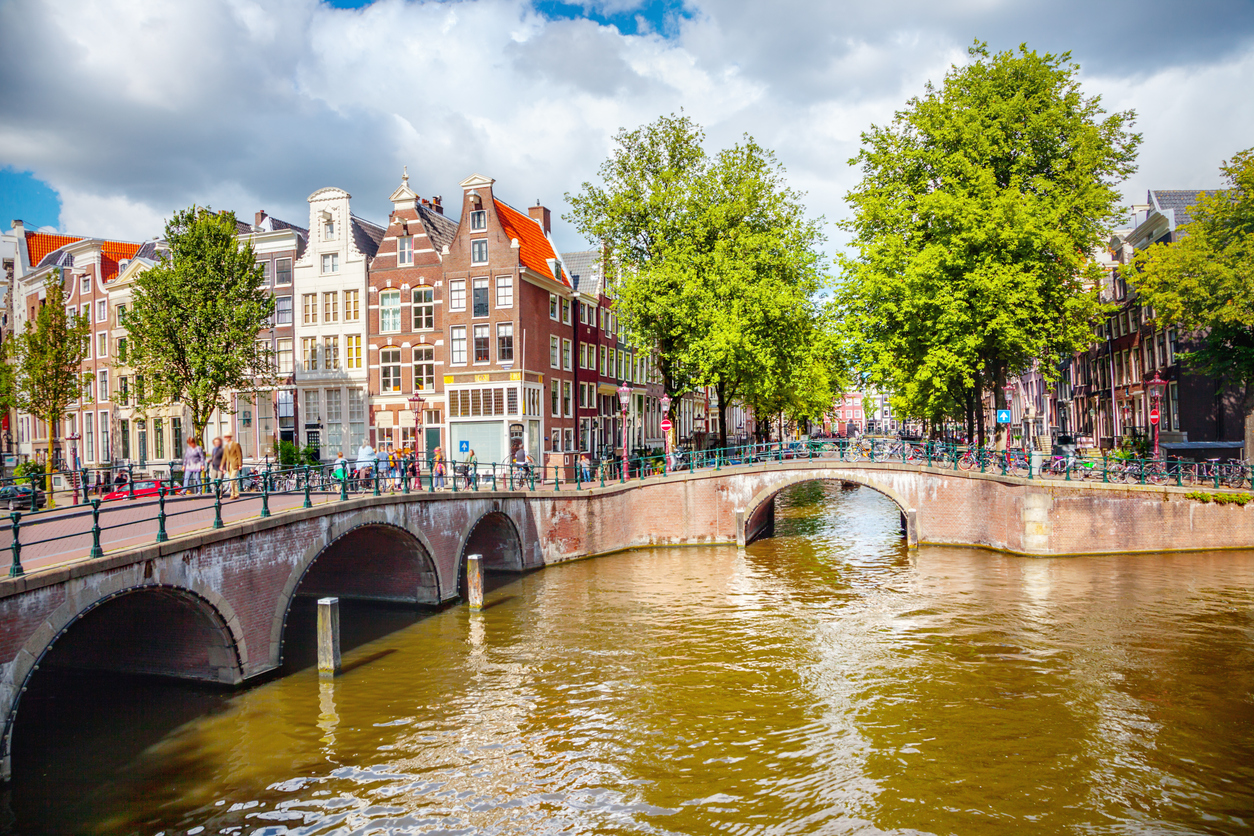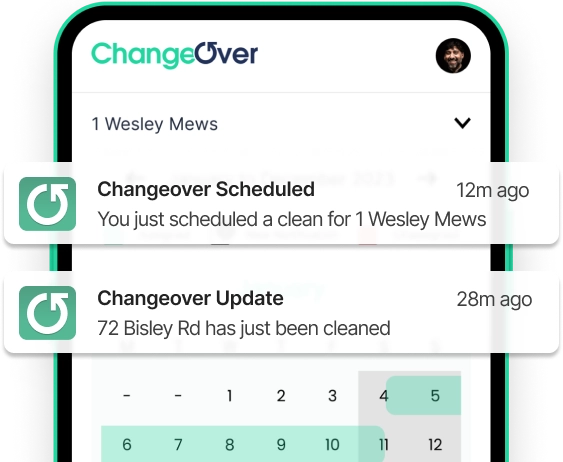Automate STR & Airbnb Cleaning
with our Easy-to-Use
Cleaning Service App
No more messy communications with your cleaner & worrying about missing a changeover!
Find out more
As short-term rentals like Airbnb continue to grow in popularity, so do concerns from local governments. While these platforms offer unique travel experiences and help property owners generate income, not everyone is thrilled about their impact on local communities. As a result, several cities worldwide are starting to regulate or outright ban Airbnb. In this post, we’ll dive into why some cities are taking this action, and which cities are making the move to ban Airbnb.
Before we discuss which cities are banning Airbnb, let’s examine why the platform has become so popular and why it’s facing growing opposition.
Since its founding in 2008, Airbnb has revolutionized the way people travel. Instead of booking a hotel, travellers can now rent homes, apartments, or even unique accommodations like treehouses or houseboats. Airbnb is often cheaper than traditional hotels, and it allows guests to experience cities like a local.
Sounds great, right? Not everyone agrees.
In many cities, the rapid expansion of Airbnb has led to a variety of issues. Some locals argue that short-term rentals are driving up rent and home prices, pushing out long-term residents. Others claim that having a steady stream of tourists disrupts the sense of community in residential neighbourhoods. On top of that, there’s concern that Airbnb hosts aren’t playing by the same rules as hotels, especially when it comes to taxes and safety regulations.
All of this has led to more cities considering stricter regulations or, in some cases, banning Airbnb altogether.
There are several reasons why cities might choose to ban Airbnb or restrict short-term rentals:
One of the most common complaints is that Airbnb takes housing off the market, particularly in cities that are already facing housing shortages. Property owners might prefer to rent their homes to short-term guests rather than long-term tenants because it can be more profitable. This drives up rent prices, making it harder for locals to find affordable places to live. This is a major reason behind the Airbnb bans in cities like Barcelona and Berlin, where locals have struggled with skyrocketing housing costs.
Another reason cities are banning Airbnb is the disruption it causes to residential neighbourhoods. Some residents are frustrated by the constant turnover of guests, noise, and general wear and tear that short-term rentals can bring. In places like Venice and New Orleans, the influx of tourists staying in Airbnb has led to complaints about disturbances and a loss of the neighbourhood’s character.
Airbnb hosts often don’t have to follow the same strict regulations that hotels do, which gives them a competitive advantage. Hotels are subject to health and safety inspections, pay taxes, and adhere to other industry-specific regulations. In contrast, many Airbnb properties have operated without any oversight. This has prompted cities like New York and San Francisco to introduce laws that level the playing field by imposing similar rules on Airbnb hosts.
In cities rich with history and culture, locals argue that an influx of short-term rentals can diminish the city’s cultural identity. Cities like Paris and Amsterdam have seen this first-hand. When more and more homes are rented out to tourists, the local way of life can become commercialized, and the city loses the charm that made it special in the first place.
Another concern is the loss of tax revenue. Hotels are required to pay occupancy taxes, which help fund public services like roads, parks, and schools. In some cases, Airbnb hosts have found loopholes to avoid paying these taxes, leaving cities without the revenue they would normally collect from traditional accommodations. This has led to calls for stricter regulations in cities that ban Airbnb, ensuring all short-term rentals contribute their fair share.

While many cities have chosen to regulate Airbnb, some have gone so far as to ban it entirely or impose strict rules that make it difficult for hosts to operate. Below are some of the most notable cities banning Airbnb and why.
Barcelona is one of the Airbnb-banned cities that has made headlines. The city introduced strict regulations in response to rising housing costs and a perceived negative impact on local communities. In some districts, short-term rentals are outright banned, and the city has also limited the number of new tourist accommodations. On top of that, Barcelona has aggressively fined hosts who rent their properties without a proper license. This move is part of a broader effort to preserve affordable housing for residents and reduce overcrowding caused by tourism.
Another European capital that has taken a hard stance is Berlin. The German capital has been facing a housing crisis, with rents rising rapidly in recent years. To combat this, Berlin introduced regulations that essentially ban entire apartments from being rented out on Airbnb. Property owners are only allowed to rent out a portion of their home while they continue to live in it, which aims to strike a balance between tourism and preserving housing for locals. Violating these regulations can result in hefty fines, making Berlin one of the most well-known cities that ban Airbnb.
Paris is another city grappling with the impact of short-term rentals. The French capital has introduced a series of regulations designed to limit the number of Airbnb listings. Property owners are restricted to renting their homes for no more than 120 days per year, and anyone who wants to rent their property short-term must register with the local government. In addition to these restrictions, Paris has been cracking down on unregistered rentals, issuing fines to hosts who don’t comply with the law.
In New York City, the situation is particularly complicated. The city has long been a hub for tourism, but it’s also dealing with a severe housing shortage. As a result, New York has some of the toughest regulations in the U.S. when it comes to short-term rentals. Hosts are required to register their property, and entire homes cannot be rented out for less than 30 days unless the host is present. These rules make it difficult for Airbnb hosts to operate, effectively turning NYC into one of the cities banning Airbnb in practice, if not by law.
London has also implemented regulations to address the impact of short-term rentals on the availability and affordability of the local housing market. Hosts and rental property owners are required to obtain planning permission before renting out their property for short-term stays and must adhere to a 90-day limit per year.
The city is also cracking down on illegal vacation rentals and requires hosts to pay taxes and adhere to certain safety standards. Non-compliance can result in hefty fines and legal action, making it one of the stricter cities banning Airbnb in Europe.
San Francisco is the birthplace of Airbnb, but it hasn’t been immune to the backlash against short-term rentals. The city has enacted strict rules that require hosts to register with the city and limit the number of days a property can be rented out. These regulations were introduced to address concerns about rising rents and the displacement of long-term residents. While Airbnb is not outright banned in San Francisco, the regulations are strict enough to make hosting a challenge for many property owners.
Amsterdam is another city that has introduced strict limits on short-term rentals. Property owners are allowed to rent their homes for no more than 30 nights per year without a special permit. The city’s government has also taken steps to enforce these rules by issuing fines to violators and cracking down on illegal rentals. Amsterdam’s restrictions are part of a broader effort to reduce the impact of tourism on local communities and protect housing for residents.
Los Angeles, like many large cities, has been struggling with a housing crisis for years. In an effort to keep more housing available for long-term residents, LA passed regulations limiting short-term rentals to primary residences only. This means that hosts cannot rent out second homes or investment properties on Airbnb. Additionally, LA has introduced caps on the number of days a home can be rented out, making it another example of a city pushing back against the short-term rental boom.
No more messy communications with your cleaner & worrying about missing a changeover!
Find out more
The trend of cities banning Airbnb doesn’t seem to be slowing down. As the platform continues to grow, more cities are looking for ways to balance the benefits of short-term rentals with the needs of their residents. While some cities are opting for outright bans, others are introducing stricter regulations that make it harder for hosts to operate.
If you’re a current or prospective Airbnb host, it’s important to stay informed about the rules in your city. As more cities ban Airbnb, regulations are likely to become even stricter, especially in popular tourist destinations. It’s always a good idea to check with your local government to make sure you’re complying with any licensing or tax requirements.
At the same time, it’s worth considering how Airbnb’s business model might change in response to these challenges. The company has already started working with local governments to ensure hosts are following the law, and it’s likely that we’ll see more collaboration between Airbnb and cities in the future. In some cases, this could mean new opportunities for hosts who are willing to play by the rules.

It’s clear that the rise of Airbnb has brought both benefits and challenges to cities around the world. While the platform has given travellers more options and property owners new income streams, it has also raised concerns about housing affordability, community disruption, and fairness in the accommodation industry. As more cities grapple with these issues, we can expect to see continued efforts to regulate or ban Airbnb.
Whether you’re a traveller looking for unique accommodations or a property owner hoping to cash in on short-term rentals, it’s important to understand the evolving landscape. As more cities ban Airbnb, staying informed about the latest regulations will help ensure you’re able to enjoy all the benefits of Airbnb without running into legal trouble.
Changeover is a clever platform that shares your booking calendar with your cleaners & then fully automates the scheduling & management of changeovers. Sit back & relax as it tracks progress & sends notifications to ensure that everything is completed smoothly & on time.
Make changeovers simple & stress-free. In a few clicks, you can auto-schedule, share & track cleaning with ease.
Find out more
With more people seeking environmentally friendly options, incorporating sustainable practices into your rental not only benefits the planet, but also...
Read article..Keep in touch & be one of the first to try
Changeover for free!
PS. As a thank you we've put together the ultimate STR & Airbnb cleaning checklist that we'll send you completely free!
Keep in touch & be one of the first to try
Changeover for free!
PS. As a thank you we've put together the ultimate STR & Airbnb cleaning checklist that we'll send you completely free!